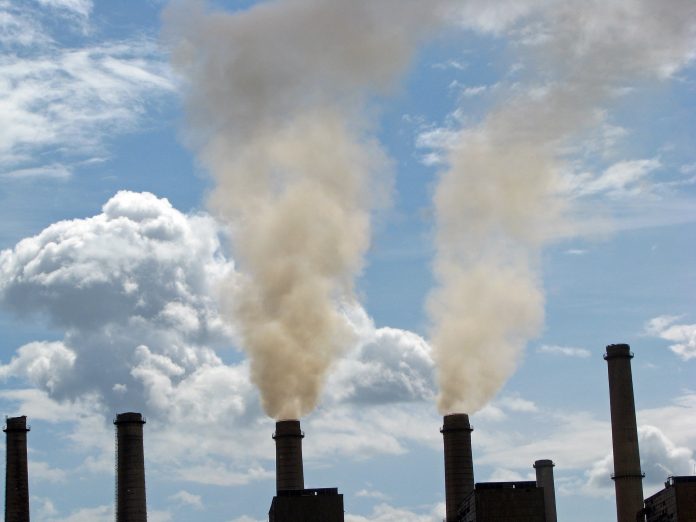The Western Balkans should switch to hydropower, renewable energy sources and gas from coal and build more energy links in a bid to cut pollution. So said the European Bank for Reconstruction and Development (EBRD) said on December 3.
“The currently installed electrical capacity in the region is about 18,000 MW, almost evenly divided between hydropower and thermal power plants, with the latter being mostly coal-fired. The amount of carbon emitted into the atmosphere, adjusted for the size of the economy, is up to three times the European Union average,” the EBRD said in a press release.
As reported by SeeNews online, the entire Western Balkans region (Albania, Bosnia and Herzegovina, FYROM, Kosovo, Montenegro and Serbia) suffers from high levels of air pollution caused by its dependence on ageing coal-fired thermal power plants.
In an interview with SeeNews in late November, the bank’s first vice-president Jurgen Rigterink said the EBRD shareholders are due to vote this month on a new energy strategy of the bank that will rule out support for coal-fired power plants.
The EBRD also said that the upgrade and construction of new coal-fired thermal power plants in the region “threatens to be a serious mistake, not only in terms of environmental impact but also economically.”
“Even if the upgraded or new plants meet EU Best Available Technology (BAT) standards, the cost of emitting each tonne of carbon is expected to rise as the EU tightens its emissions-trading scheme, making the continued use of high emission power sources uneconomical,” the lender noted.
According to the EBRD, half of the installed electrical capacity in the Western Balkans is generated by hydropower plants. “While hydropower has its detractors, too – mainly because of the physical impact on the environment – other renewable sources such as wind, solar and biomass remain in their infancy in the region.”
“Most of the region still has some way to go to approach the EU goal according to which each member state must generate one-third of its total energy from renewable sources by 2030,” the statement said, adding that in these efforts, the region can build on the existence of a relatively well-developed infrastructure in terms of power connections.
“The completion of huge projects such as the Trans-Adriatic-Pipeline brings new dimensions not only in terms of supply but also in the creation of new links,” the EBRD noted.

